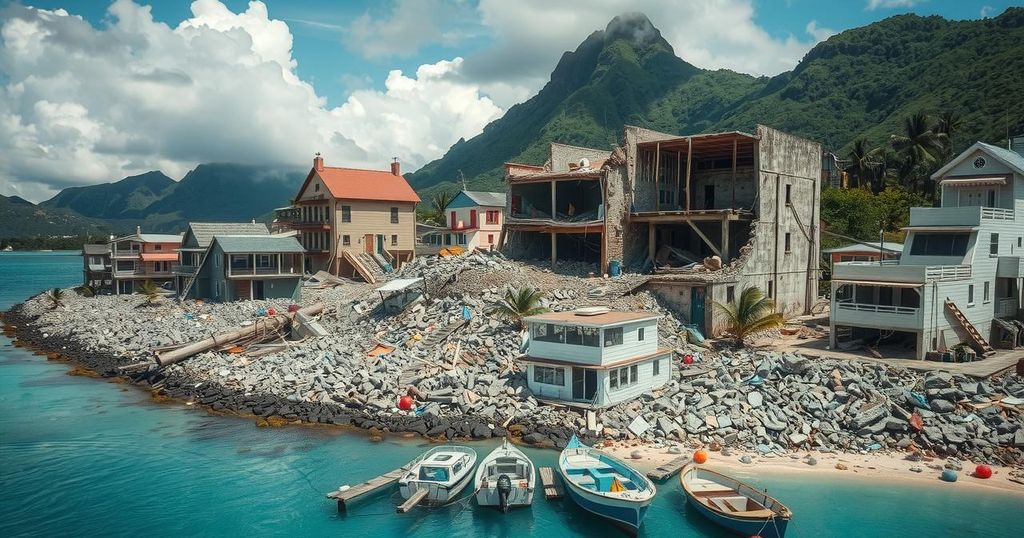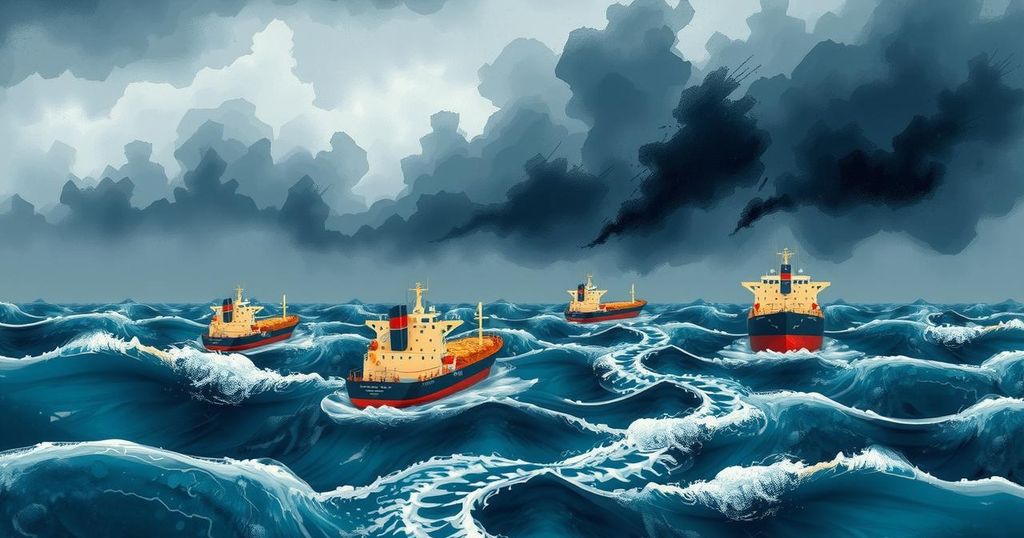Significant Events of January 12: From Haiti’s Earthquake to India’s Legal Action
January 12 marks several historical events: the 2010 Haiti earthquake led to over 300,000 deaths and millions affected; in 1991, the U.S. Congress authorized military action against Iraq; the 2006 Hajj stampede resulted in over 300 casualties; and in 2021, India’s Supreme Court stayed controversial farm laws amid protests. Each of these events has had significant repercussions on local and global scales.
January 12 has been marked by significant historical events, notably the devastating earthquake that struck Haiti in 2010 and resulted in over 300,000 fatalities. This seismic event, measuring 7.0 on the Richter scale, devastated the capital, Port-au-Prince, and left an estimated three million individuals affected, with more than a million rendered homeless. In contrast, on this day in 1991, the U.S. Congress authorized military action in Iraq to liberate Kuwait, following its invasion by Saddam Hussein. Furthermore, the tragic stampede during the Hajj pilgrimage in Saudi Arabia in 2006, which led to the deaths of 364 individuals, serves as another stark reminder of the human cost of such large gatherings. Most recently, on January 12, 2021, the Supreme Court of India stayed the controversial farm laws in response to widespread protests by farmers, highlighting ongoing tensions within agrarian policies in the country.
The Haitian earthquake was a pivotal moment in the nation’s history, exacerbating existing infrastructure problems and humanitarian crises. The government estimated that around three million individuals lost their homes, and recovery from this disaster remains incomplete even after a decade later. The international community has engaged in various relief efforts, but challenges persist in rebuilding the nation and providing for its citizens.
In 1991, the U.S. Congress’s decision to authorize military action against Iraq reflected the intense geopolitical climate of the era. The decision resulted in a swift military campaign that freed Kuwait within weeks, marking a significant moment in U.S. foreign policy and military engagement that was unprecedented in its media coverage. The outcome left Iraq humbled and raised questions about the future of the region post-conflict.
The tragic events during the Hajj in 2006 highlight the persistent dangers associated with mass gatherings, despite improvements in crowd management. The incident, caused by a combination of overcrowding and logistical failures, called into question the effectiveness of safety measures instituted by authorities, who had attempted to address potential hazards.
Finally, the Supreme Court’s stay on the farm laws in India signifies the importance of addressing farmer grievances amid broader discussions about agriculture and policy reform. The court sought to facilitate negotiations between farmers and the government by creating a committee, thus demonstrating judicial intervention in public disputes. However, the eventual repeal of the laws by Prime Minister Modi in late 2021 underlines the complex and often contentious relationship between governmental policies and the agricultural community.
The events highlighted on January 12 encapsulate pivotal moments that have shaped international affairs and national policies. The 2010 Haiti earthquake represented one of the most catastrophic natural disasters in recent history, impacting millions and revealing the fragility of disaster preparedness in developing nations. The congressional vote in 1991 to engage in military action against Iraq illustrated the dynamics of post-Cold War politics and the United States’ role in the Middle East. In 2006, the Hajj tragedy reminded the global community of the risks inherent in managing large-scale religious events. Lastly, the Supreme Court’s 2021 intervention in India’s farm laws emphasizes the importance of both legal oversight and grassroots movements in shaping public policy.
In summary, January 12 has witnessed tragic and defining moments impacting various nations and communities across the globe. From the catastrophic earthquake in Haiti to pivotal legislative actions in the U.S. and India, each event reflects broader implications on social justice, military intervention, and public policy. Collectively, these events illustrate the ongoing challenges communities face when navigating crises and the importance of responsive governance and international solidarity.
Original Source: www.firstpost.com




Post Comment